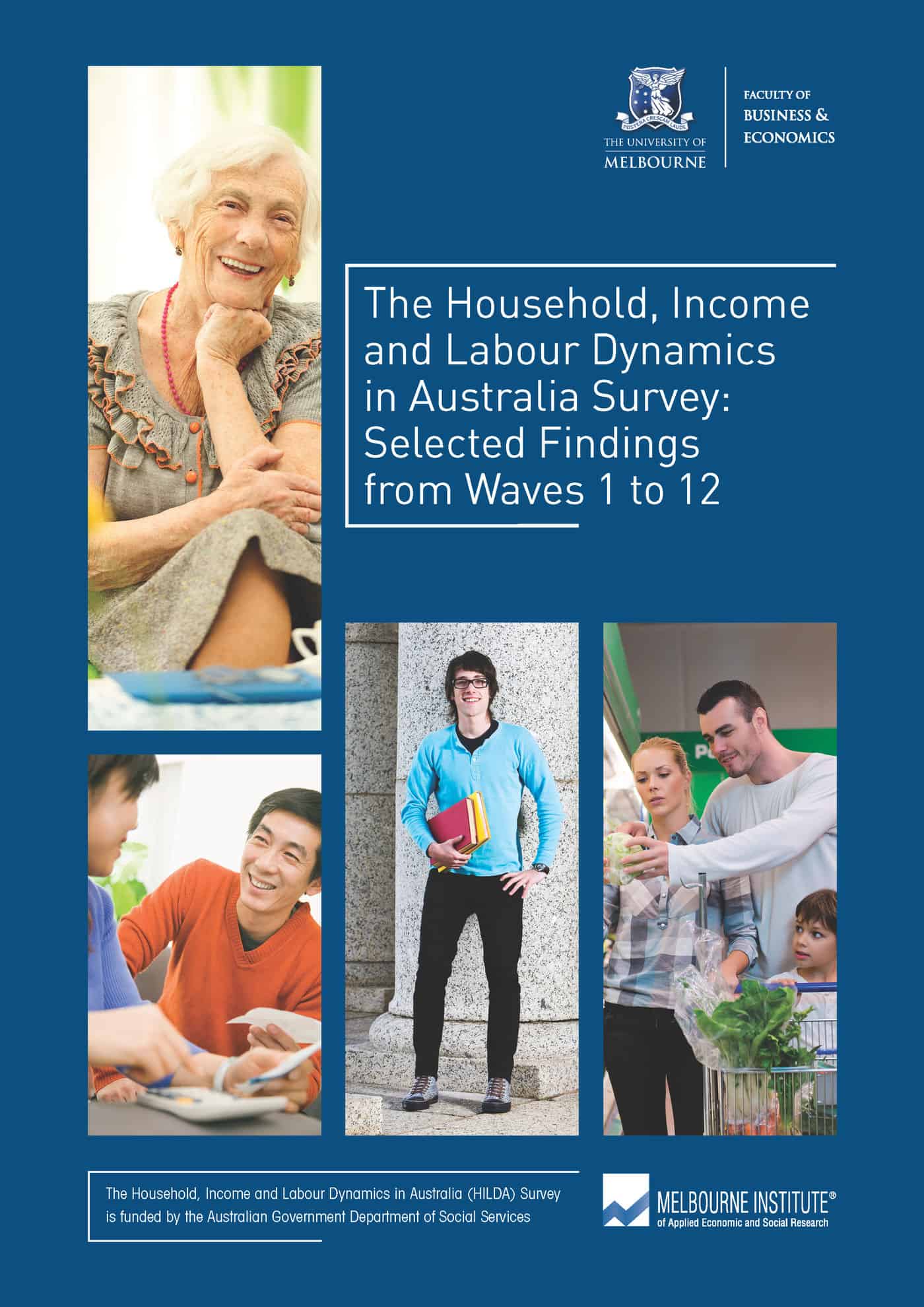The quest for accurate determination of the costs of poor occupational health and safety (OHS) has been a regular discussion point in this blog but the quest may be a never-ending one and ultimately pointless.
Recently the UK’s HSE Chairman, Judith Hackett took the Forum for Private Business (FPB) to task over estimates of OHS compliance costs. FPB stated that
“The cost of compliance for the UK’s 1.2 million micro, small and medium sized businesses is £20 billion of actual costs and £41 billion if you include opportunity costs’.”
Hackett was unable to look at the claims as the FPB report was only for members. This is a common marketing tactic where some information is released publicly in order to generate a demand which can be satisfied only with a membership or payment. The downside of this tactic is that the carefully constructed statements become accepted as fact without allowing those facts to be independently verified.


